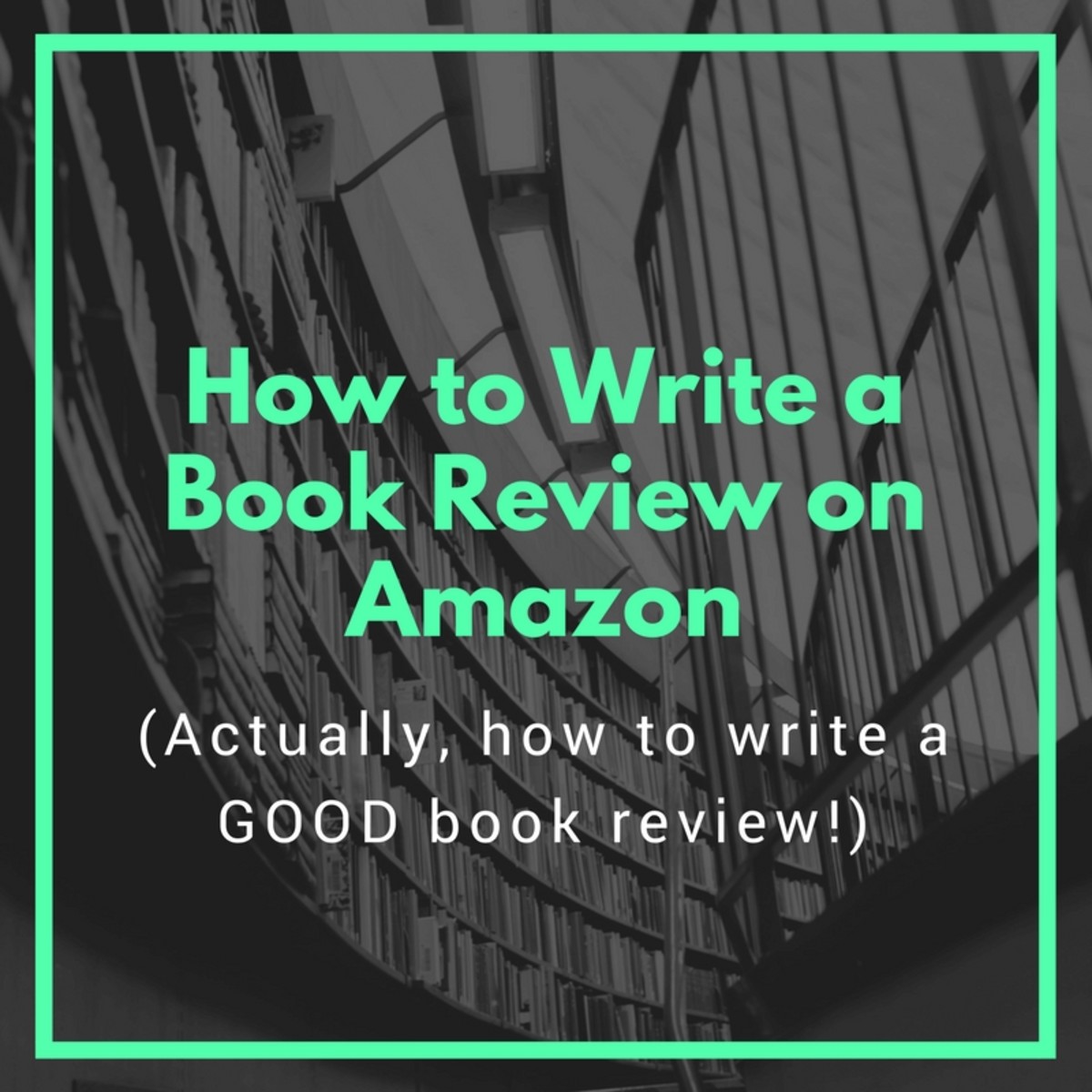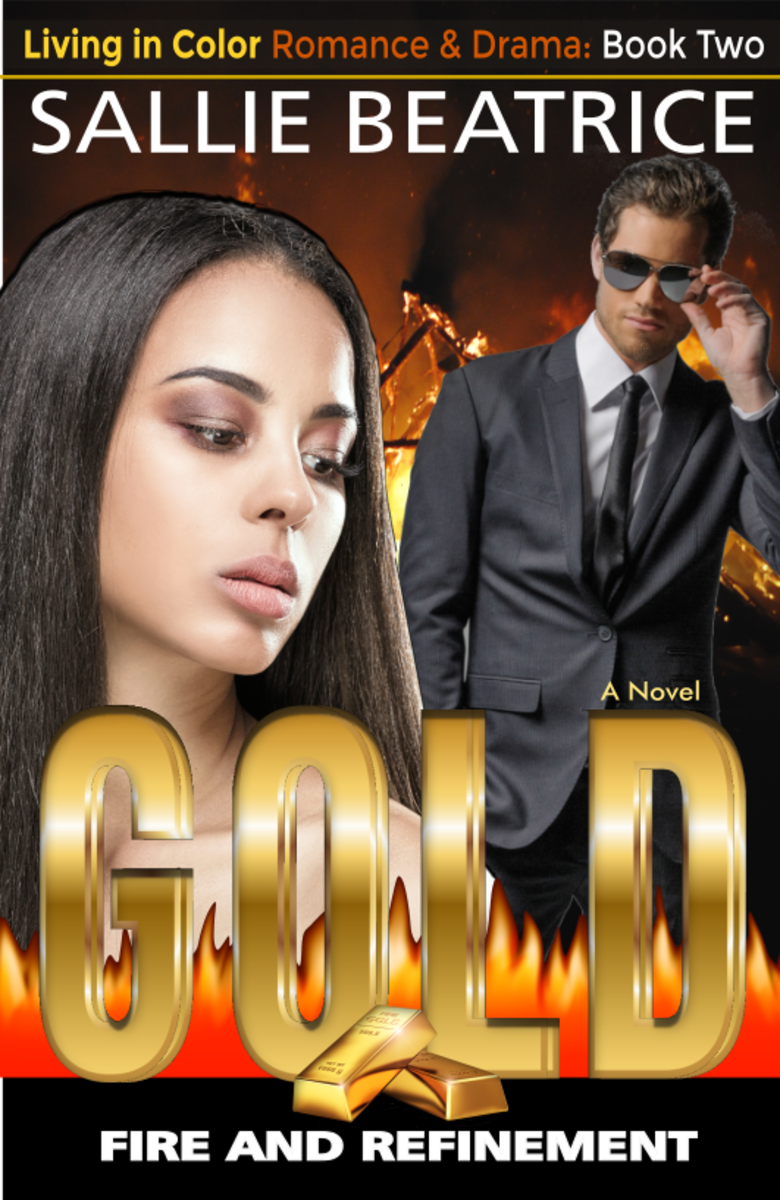How to Write Useful (and Helpful) Book Reviews
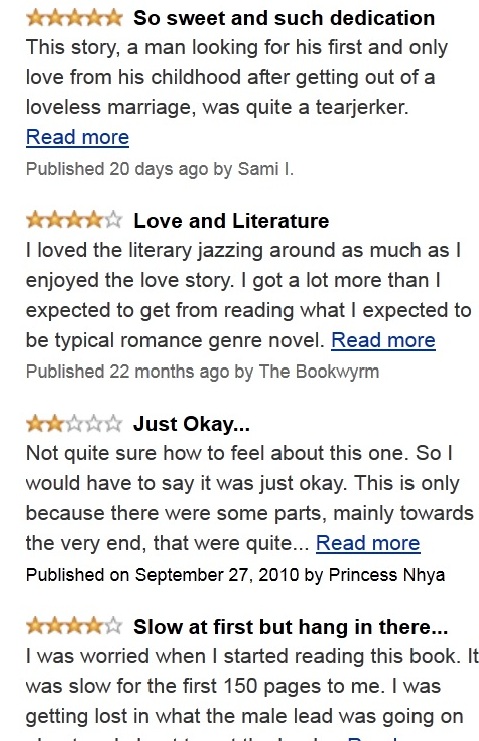
Book reviews populate many webpages on Amazon.com, BN.com, and elsewhere. Many of these reviews are short, barely written, and highly opinionated, and they often give little if any information about the book amid the occasional gushing, hating, exclamation points, and profusion of capital letters. Many online reviewers ultimately give few reasons for why they have given a book a rating of one to five stars, yet their reviews often persuade other readers to avoid buying what might be a decent book or to actually buy what not be a decent book.
A sampling of online reviews
Here are some actual online “reviews” of the author's work. Notice how much information that they often do not give.
- 5-star reviews: “I loved the book. The book mirrors life. In life there are no perfect endings.” “I love these types of books because they are few and far between.” “I enjoyed this book a lot. I read it in 2 days. The story line was good. It made me both laugh and cry.” “This is one of the most well-written and interesting books that I have read in months. You'll not be able to put it down until you get to the end.” “This was the first e-book I ordered from Amazon for my new Kindle.”
- 4-star reviews: “It was much better than I thought it would be.” “It was a cute romance. Only because the language sort of threw me. But the was romance lovely. I did enjoy it and I am looking for his next book.” “I loved the characters, even though some of them are not as well developed. I felt a little cheated by the ending.” “I didn't quite know what to expect but it is a great book! It really drew you in and the author did an amazing job using imagery. You can picture everyone perfectly! Great, feel good read.”
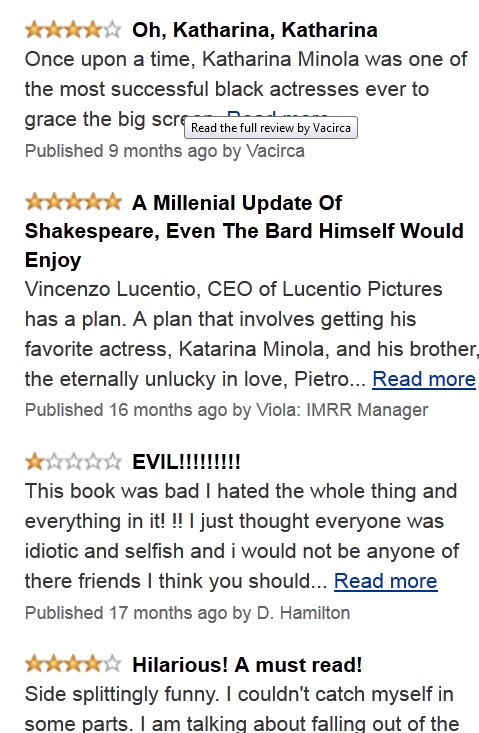
- 3-star reviews: “This book is crap. The drama was juicy though but it lacked real substance and it’s really superficial. The main character is a liar and a cheat disguised as a victim.” “It was entertaining for the most part!!!! I like it but it was not all that and it took too long to get to very little love scenes that was in the story!!!!!” “I don't even remember how I stumbled upon this book but it was a definitely a good read. I would definitely recommend this book.”
- 2-star reviews: “Mildly entertaining, but I would not choose it again.” “Not quite sure how to feel about this one. So I would have to say it was just okay. This is only because there were some parts, mainly towards the very end, that were quite touching although at the same time have me still saying huh? Quite honestly, it was a lot strange. Things left unanswered and up in the air.” “This is one you will just have to simply take a chance on and read yourself without any help from my review in ‘tipping the scales’ for whether you should read this one or not.”
- 1-star reviews: “I really had a hard time finishing this book. If you like your romance with waterworks then this is the book for you. If you want to smile at the end, then forget this book.” “It seems his books are getting worse each time he puts a new one out. He used to be one of my favs! I didn't feel anything for the characters really. It all seemed highly implausible.” “The dumbest book it has been my misfortune to purchase!!!! Complete nonsense! What more can I say? I would never recommend it.” “Not to my taste. Glad I only spent a small amount on this purchase. A bit farfetched for my taste.” “THIS IS, QUITE SIMPLY, THE SILLIEST WORK OF FICTION I HAVE EVER READ.”
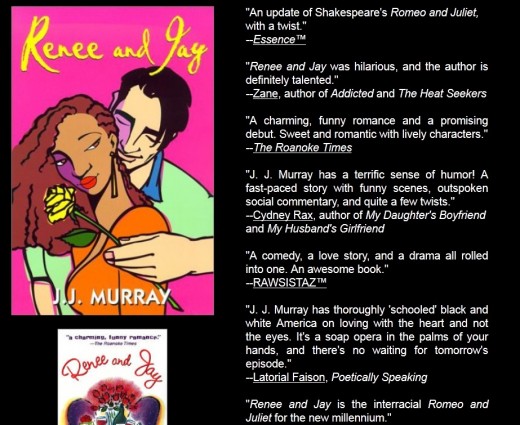
Effects on authors
Most if not all authors know they could receive one- and two-star reviews for their work. They know they cannot please every reader, and they have learned to accept both positive and negative criticism. Most authors know and respect that some readers have limited writing skills. Every author should appreciate that any review is the result of a sale or a trip to the library that purchased the book.
Some authors who have often spent hundreds of hours writing a book, however, become incensed when their books are reduced to vague one-liners: “Not to my taste”; “I couldn’t even finish it”; “I only skimmed it”; “I want my money back.” What upsets authors most is the lack of logical proof or reasons why these readers did not approve of the book—or even why they liked the book. Authors want to know what they are doing well, too, so that they can keep doing those things to keep readers interested. While writers may accept criticism, respect online reviewers’ general lack of writing skill, and appreciate the reading and buying public, they do not accept, respect, or appreciate reviewers who do not write valid and useful reviews either for or against their books.
There is not much an author can do about these non-reviewing reviews. Some have tried with limited success to pester websites into removing weak or blatantly hateful reviews. Some post comments under weak reviews, and sometimes their comments lead to long electronic “conversations” that ultimately go nowhere and often alienate other potential readers. A growing number of authors no longer read their online reviews and prefer to use only professional reviews on their book jackets, websites, and marketing materials.
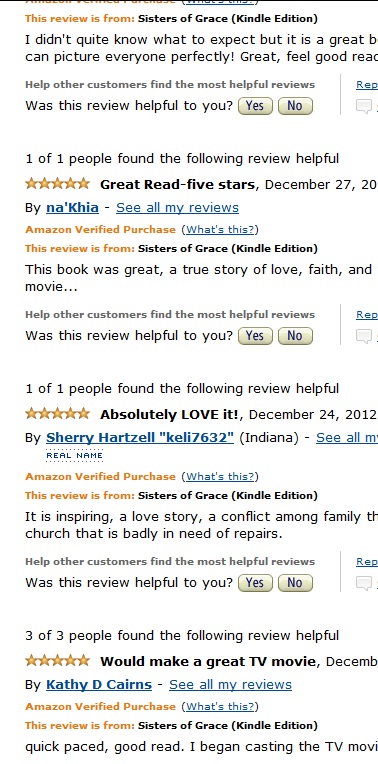
What every book review should NOT have
Even a cursory viewing of online reviews will reveal many of the targets of unfair and invalid criticism listed below. A fair and valid book review should not focus on any of the following as the basis for panning or praising the entire book:
- the author or the author’s family
- the author’s appearance, race, color, or creed
- the author’s past novels or body of work
- the author’s hometown or country of origin
- the cover of the book, over which many authors have no control
- whether the reviewer met or knows the author personally
- one character
- the death or destruction of a character
- one specific scene
- the climax or ending
- one piece of dialogue or conversation
- specific words and phrases used throughout the book
- specific decisions the characters make
- the general subject matter of the book
- typos within the novel
- the length of time it took the online retailer to deliver the book
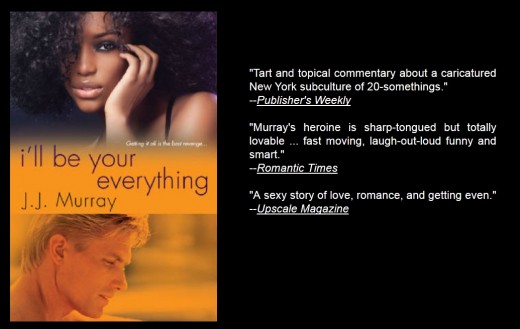
What every fair and valid review SHOULD have
Professional book reviewers at Booklist, Publishers Weekly, Romantic Times, the New York Times, and Kirkus Reviews follow a general template or model for reviewing books. According to most professional book reviewers, a fair and valid book review must remain focused at all times on the book and should also:
- explain the general idea or purpose of the book.
- tell if the book was written for a certain audience.
- comment on the style and structure of the book.
- specify the book’s strengths and weaknesses.
- explain whether the book deserves to be read by others or not.
- denote the type of reader who might read enjoy reading the book.
- let readers know if the author has been successful or not in an overall assessment that justifies the reviewer’s rating.
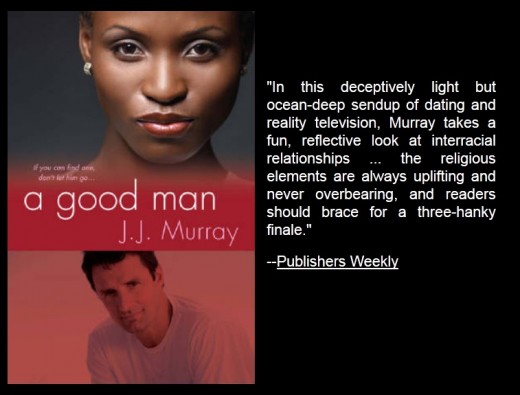
Questions to answer when writing a review
The following list of questions is by no means exhaustive, but it should give readers an idea of what goes through authors’ minds as authors write. Answering even a few of these questions will give greater validity to a reader's reviews.
- Author’s purpose: What is the author trying to do—entertain, educate, amaze, intrigue, frighten, enthrall, cause laughter, or induce tears? How successful is the author in doing this? Is the author’s purpose appropriate for the genre? How so?
- Mood and tone: Is the book funny, sad, satiric, adventurous, dark, mysterious, scary, wild, chaotic, or frenetic? Is the book sentimental, restrained, idealistic, practical, theoretical, intense, or strange? How successful is the author in crafting and sustaining this mood or tone throughout the book?
- Setting: Do you see, hear, and feel where the book takes place? Did the author provide enough descriptions of scenes and settings? If not, what descriptions need improvement? Does the setting fit the book or seem out of place in some way? How well does the setting match the author’s purpose, mood, and tone? Does the setting ever get in the way of the story? How so? How important is the setting to the overall book?
- Style and structure: Is the style appropriate to the work? Is it written in first person or third person? Is the narrative technique effective in telling the overall story? Would a different narrative technique have been more effective? What is the author’s main vehicle for telling the story—exposition, description, narration, dialogue, action, thoughts, or a combination? Is the book too long or too short? How so? How would you lengthen or shorten it?
- Plot: Is the plot well-constructed? Does the plot make sense? Do you have to suspend your disbelief, or is everything believable? Is the plot chronological or does the author provide flashbacks? How much time passes in the novel? Are the conflicts and complications that arise logical or illogical? What makes them logical or illogical? Is there anything in the plot that seems out of place? Are the subplots effective and necessary or do they detract from the overall plot? Does the climax occur where you think it should? Did the author give away the climax or the ending? What makes the ending satisfying or unsatisfying? Are there any “plot holes” that the author needed to fill? What is the pace of the novel? Does the book race, amble, or plod? If the novel starts out slow, does it pick up?
- Characterization: Do you see, feel, and hear each character? Are some characters more vividly drawn than others? Which ones? How well do the main characters carry the action? Do the main characters stay the same or change in the novel? If they change, how do they change? If they do not change, should they have changed? What, if anything, is missing from the descriptions or actions of the characters?
- Overall effect: What sets this book apart from other current books in this genre? What sets this author apart from other authors in this genre? How does this book compare with other books you have ever read in this genre? Is this a book you could read again? What types of readers would enjoy this book? What are the book’s overall strengths and weaknesses? Would you recommend this book? Why or why not?
If readers consistently ask these questions as they read and answer them within their reviews, their reviews will stand out and become valid and useful not only to other readers but to authors as well.



